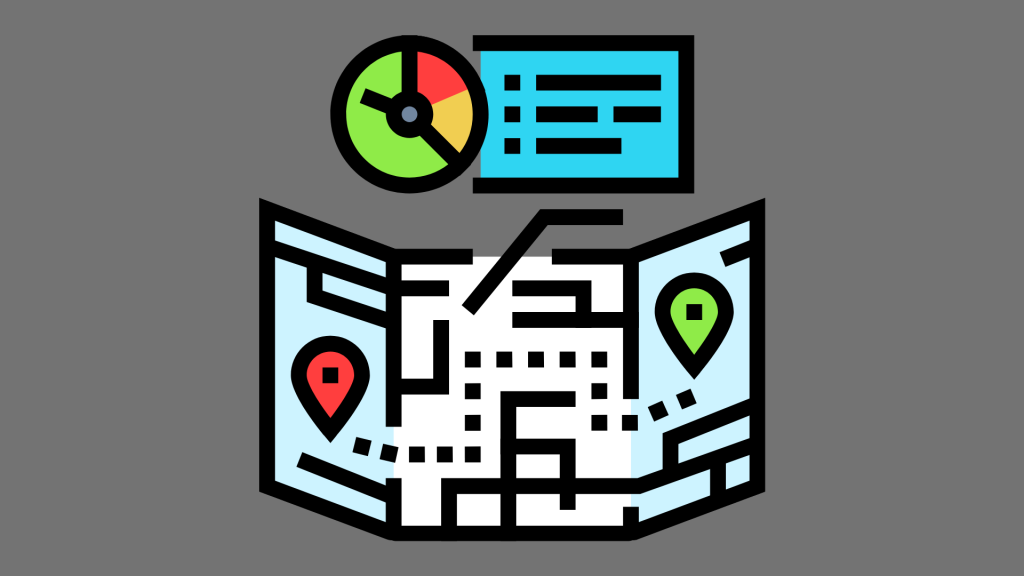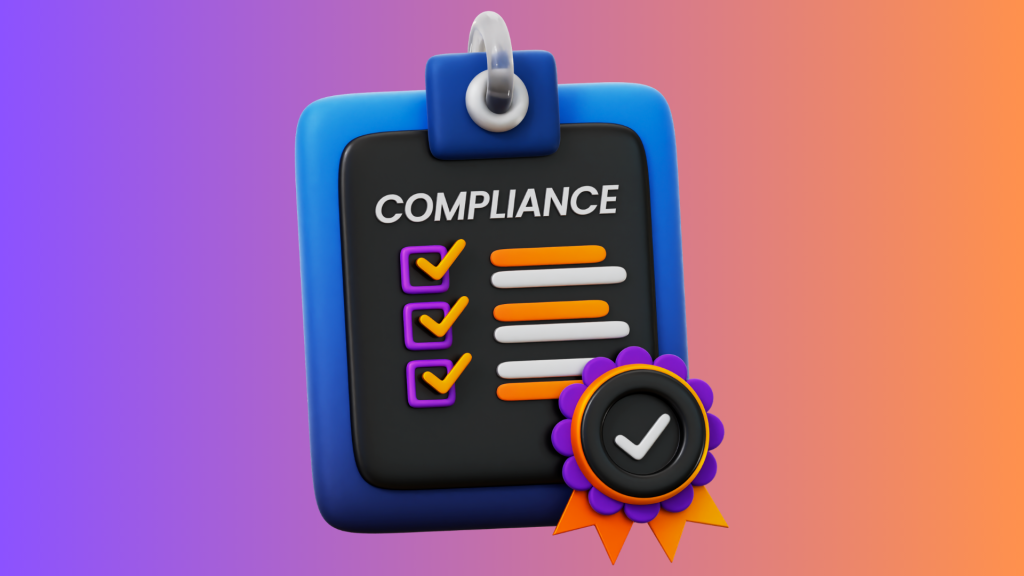Fleet management systems are tools businesses use to manage and coordinate their fleet of vehicles efficiently. These systems provide a centralized platform for monitoring fleet operations, such as vehicle tracking, maintenance scheduling, and driver behavior analysis. They often incorporate GPS technology and software solutions to streamline tasks related to fleet management.
In today’s fast-paced business environment, efficient fleet operations management is crucial for maintaining competitiveness and ensuring smooth logistics. Fleet Management is vital in optimizing routes, reducing fuel costs, improving vehicle utilization, and enhancing overall fleet productivity.
These systems also help businesses comply with regulations, enhance safety measures, and provide valuable insights for strategic decision-making. Thus, fleet management systems have become indispensable tools for modern businesses aiming to streamline their operations and stay ahead in the market.
Top 10 Benefits of Fleet Management Systems:
Fleet management systems offer numerous benefits for businesses, empowering them to streamline operations, improve safety, and save money with vehicle fleets. They save money by cutting operational costs and enhancing safety with real-time driver monitoring.
GPS tracking and route optimization improve efficiency while maintenance becomes easier and less costly. Compliance with regulations is simplified, and customer service is enhanced with accurate tracking. Environmental impact is reduced, and asset security is bolstered.
Below are the benefits compiled by The App Founders to make it easier to understand:
1- Optimized Route Planning:

These systems figure out the best routes for vehicles to take. They consider traffic, weather, and how far each vehicle can go on a gas tank. Finding the most efficient routes, they helps save time and money on fuel.
2- Enhanced Customer Service:

With fleet management, businesses can provide better service to their customers. They can give more accurate estimates of when deliveries arrive and keep customers updated in real-time.
3- Improved Driver Safety:

A fleet management system helps make sure drivers are safe on the road. They monitor how drivers behave, like if they’re speeding or braking too hard. However, catching risky behaviors early can prevent accidents and keep everyone safe.
4- Cost Reduction:

Using fleet systems can save businesses money. By planning better routes and monitoring vehicle maintenance, they cut down on fuel and repair costs over time.
5- Regulatory Compliance:

These systems help businesses follow the rules set by governments. For example, they make tracking things like how long drivers have been on the road easier, which helps with regulations about driver rest times.
6- Enhanced Vehicle Tracking:

With fleet management application monitoring, you can always see where your vehicles are. This means that you always know exactly where each car is. Having an up-to-date map makes it easier to handle and keep an eye on all your vehicles.
7- Increased Productivity:

These systems help businesses get more done with their fleets. By assigning tasks efficiently and tracking how well vehicles perform, they ensure everything runs smoothly, and nothing gets wasted.
8- Scalability:

Fleet management systems can grow with a business. Whether a company has just a few vehicles or a whole fleet, these systems can handle it and keep things running smoothly.
9- Environmental Sustainability:

Using fleet management can be good for the environment. They reduce fuel consumption and pollution by finding the best routes and promoting eco-friendly driving habits.
10- Data-Driven Decision Making:

These systems collect lots of data, which can help businesses make smart decisions. Similarly, analyzing things like vehicle performance and customer needs gives insights that help businesses run more efficiently.
How Does Real-Time Tracking Benefit Fleet Management?
Real-time tracking provides numerous benefits for fleet management, enhancing efficiency, safety, and overall operational effectiveness. Here’s how real-time tracking benefits fleet management:
Improved Visibility:
With real-time tracking, fleet managers can always see where each vehicle in their fleet is and what its state is. This better visibility helps managers make decisions and use resources more wisely because they can quickly find the closest car to meet customer needs or finish important tasks.
Optimized Routing:
Real-time monitoring lets you change your route based on current road conditions, weather events, etc. Fleet managers can change routes instantly to avoid traffic, reduce journey time, and make things run smoothly.
This optimization helps keep fuel use and car wear and tear to a minimum while increasing the number of on-time deliveries.
Enhanced Safety:
Real-time tracking helps with proactive safety steps by letting fleet managers see how drivers act. Managers can be notified right away if drivers are speeding, slamming on the brakes, or doing anything else that could be dangerous.
However, this proactive method helps prevent accidents, lowers the company’s liability risks, and encourages a safer driving culture.
Faster Response Times:
With real-time tracking, fleet managers can quickly send the closest car to handle service calls, emergencies, or delays that were not planned for. Therefore, ecommerce website development services respond quickly and satisfy customers by cutting down on wait times and ensuring that goods or services are delivered on time.
Asset Protection:
Real-time tracking lets you know immediately as soon as a vehicle is stolen or used without permission. Fleet managers can always track automobiles and respond quickly to recover stolen items or stop criminal activity. Therefore, this keeps losses minimum and gives them full control over the fleet.
Efficient Resource Allocation:
Real-time tracking lets you better allocate resources by finding cars or assets that aren’t being used or just sitting there. Also, fleet managers can better use their resources by moving cars around. This makes the best use of the fleet and cuts down on the costs of cars that aren’t used or have extra room.
Accurate Performance Monitoring:
Real-time tracking provides real-time data on vehicle performance metrics such as fuel consumption, mileage, and engine diagnostics. Fleet managers can monitor these metrics in real time and identify potential issues or inefficiencies before they escalate, allowing for proactive maintenance and cost-saving measures.
Compliance Management:
Real-time tracking ensures businesses follow rules such as Hours of Service (HOS) regulations and adhere to car maintenance schedules. Fleet managers can see real-time information about drivers’ hours of operation, keep track of vehicle maintenance chores, and make accurate reports for regulatory authorities. This lowers the risk of not following the rules and keeps expensive fines from happening.
Conclusion:
Fleet management systems offer many benefits that positively impact businesses of all sizes. These systems are crucial in streamlining operations and maximizing productivity, from cost savings to enhanced safety, improved efficiency, and better customer service.
Real-time tracking is essential for modern fleet management because it ensures compliance with rules, minimizes environmental damage and provides valuable information through data analysis. Since fleet management solutions are scalable and versatile, they will continue to add value as businesses grow.
FAQs
How can fleet management systems benefit small businesses?
Fleet management can benefit small businesses by improving efficiency, reducing costs, enhancing safety, and providing better customer service.
Are fleet management systems customizable to specific business needs?
Yes, fleet management is often customizable to meet businesses’ specific needs and requirements, regardless of their size or industry.
Why should I opt for website development for my Fleet Management System?
Custom Website Development allows you to create a user interface that aligns perfectly with your business requirements and branding. It enables you to incorporate unique features and functionalities tailored to your fleet management needs, providing a more efficient and intuitive user experience for administrators and end-users.















